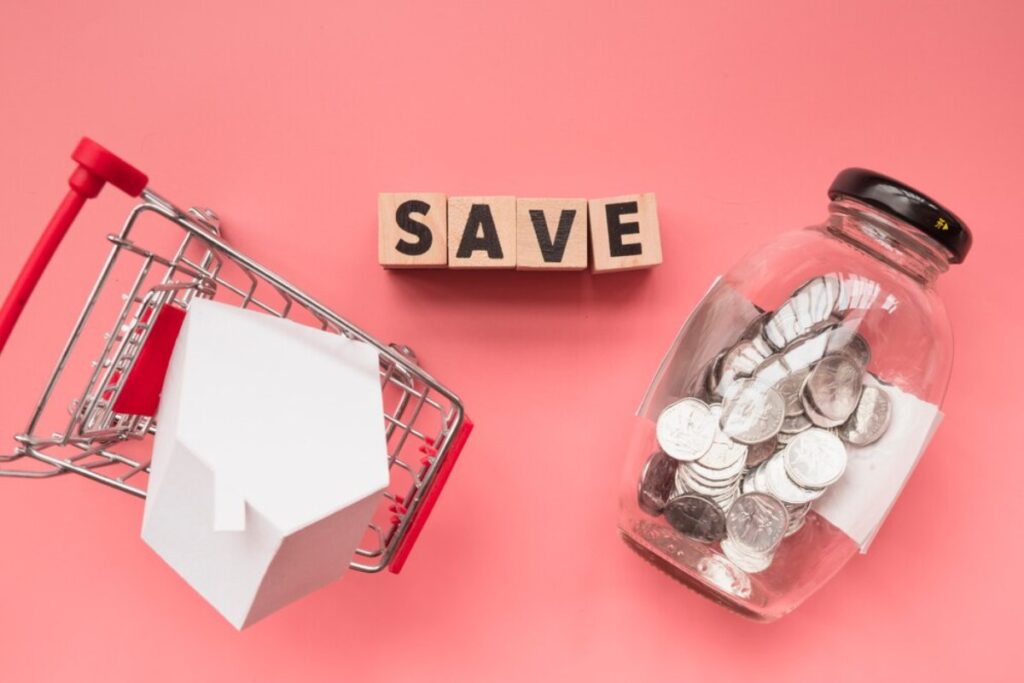The Parenting Blog

Buying in Bulk: When It Saves Money and When It Doesn’t
The appeal of buying in bulk is undeniable. Whether it’s the towering warehouse shelves or the thrill of scoring a great deal, bulk shopping feels like a smart financial move. But is it always the right choice?
While buying in large quantities often leads to lower per-unit prices, it isn’t a one-size-fits-all solution. In fact, there are plenty of cases where bulk shopping can backfire—costing you more in waste, storage space, or missed deals. The key is knowing when bulk buying is truly cost-effective and when it’s better to walk away.
This guide explores smart bulk buying strategies, common pitfalls, and actionable insights for anyone looking to shop smarter and save more.
The Psychology and Promise of Bulk Shopping
Retailers have long understood the power of perception. A massive pack of paper towels for less than $20? A 10-pound bag of rice that could last months? Bulk purchases tap into a sense of preparedness and value—getting more for less.
Wholesale clubs and warehouse stores are built on this idea, encouraging customers to shop less frequently and stock up in larger quantities. But behind the towering stacks of giant cereal boxes and family-size, everything lies a simple truth: not every bulk purchase translates into real savings.
When Buying in Bulk Makes Sense
Non-Perishable Essentials
One of the most reliable, cost-effective shopping choices is stocking up on non-perishables. Items like:
- Toilet paper and paper towels
- Laundry detergent and cleaning supplies
- Canned goods and dried beans
- Pasta, rice, and grains
These products have long shelf lives and are used consistently. Buying them in bulk when they’re on sale or part of a store promotion can significantly cut costs over time.

Freezer-Friendly Foods
If you have the freezer space, meats, frozen vegetables, and bulk-prepped meal plans are great candidates for buying in large quantities. Dividing and freezing portions helps maintain freshness and supports long-term savings.
Household Staples with Long Turnover Rates
Items like trash bags, aluminum foil, baking soda, and even toothpaste are often better bought in bulk. Their long shelf life and regular usage make them prime candidates for wholesale shopping tips that really work.
When Buying in Bulk Doesn’t Work
Perishables with a Short Shelf Life
Unless you have a large family or host frequent gatherings, bulk buying perishable items like fresh produce, dairy, or baked goods can lead to waste. That great deal on a 5-pound bag of lettuce won’t matter if half of it spoils before you get to it.
Products You Rarely Use
Buying a gallon of specialty sauce or an industrial-size jar of pickles sounds exciting—until it sits untouched in your pantry for months. Bulk buying should reflect your actual usage, not your shopping enthusiasm.
Items Prone to Quality Degradation
Some products lose quality quickly after opening. Coffee, spices, and oils can become stale or rancid over time, especially if not stored properly. In these cases, buying smaller quantities more frequently ensures better taste and freshness.

When Storage Becomes an Issue
Bulk items require space. If your pantry, fridge, or cabinets are bursting at the seams, overstocking can lead to clutter and forgotten items. Cost-effective shopping also means valuing your home’s space and organization.
Bulk Buying Strategies That Actually Save
Know Your Unit Prices
A bigger package doesn’t always mean better value. Compare price-per-ounce or price-per-item to ensure you’re really getting a deal. Stores often display this metric on shelf tags—make it a habit to check.
Only Buy What You’ll Use
Before buying in bulk, ask yourself: will I use this before it expires? Do I have space to store it? Do I already have some at home? These simple questions can prevent unnecessary spending.
Combine Bulk Buying with Coupons or Rebates
One of the most overlooked bulk buying strategies is pairing deals with store coupons or cashback apps. Some wholesale retailers also have loyalty apps or rebate programs that add up to extra savings.
Share Bulk Buys with Friends or Family
If you love the deal but not the quantity, consider splitting bulk items with others. This approach lets you enjoy wholesale pricing without committing to giant portions you can’t finish alone.

Wholesale Shopping Tips for Different Households
For Singles or Couples
Stick to non-perishables and freezer items. Avoid bulk perishables unless you plan to meal prep or host.
For Families
Bulk snacks, cereals, school lunch items, and household supplies can be smart choices. Involve kids in keeping an inventory so nothing goes to waste.
For Budget-Conscious Shoppers
Track your savings. Buying in bulk can lead to overspending if you aren’t keeping an eye on the total cost. Create a monthly “stock-up” budget and stick to it.
For Small Space Dwellers
Get creative with storage: under-bed bins, closet shelves, or stackable containers can extend your pantry without taking over your home.
Final Thoughts: Spend Smarter, Not Just Bigger
Buying in bulk is a powerful tool—but only when used wisely. Real savings come from thoughtful planning, knowing your household’s habits, and applying bulk buying strategies that make sense for your space, lifestyle, and budget.
So the next time you’re tempted by that giant box of granola bars or gallon-sized soy sauce, pause. Ask yourself: Is this something I’ll use? Can I store it? Will it save me money over time? With these answers in mind, you’ll shop not just in bulk—but with purpose.









